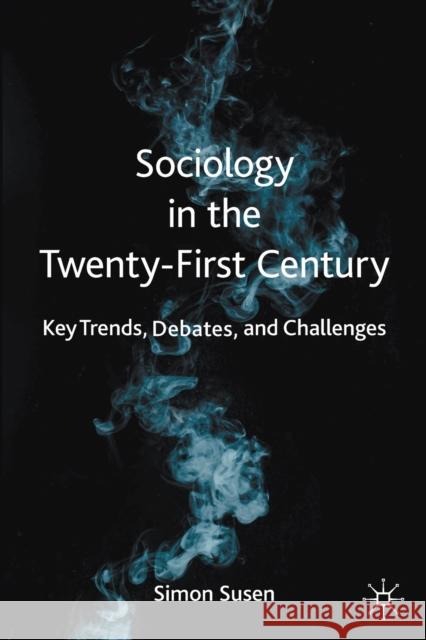Sociology in the Twenty-First Century: Key Trends, Debates, and Challenges » książka
topmenu
Sociology in the Twenty-First Century: Key Trends, Debates, and Challenges
ISBN-13: 9783030384234 / Angielski / Miękka / 2020 / 623 str.
Kategorie:
Kategorie BISAC:
Wydawca:
Palgrave MacMillan
Język:
Angielski
ISBN-13:
9783030384234
Rok wydania:
2020
Wydanie:
2020
Ilość stron:
623
Waga:
0.89 kg
Wymiary:
23.39 x 15.6 x 3.33
Oprawa:
Miękka
Wolumenów:
01
Dodatkowe informacje:
Wydanie ilustrowane











